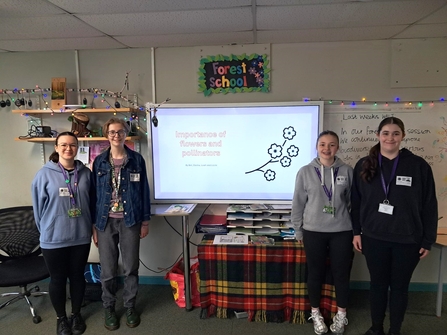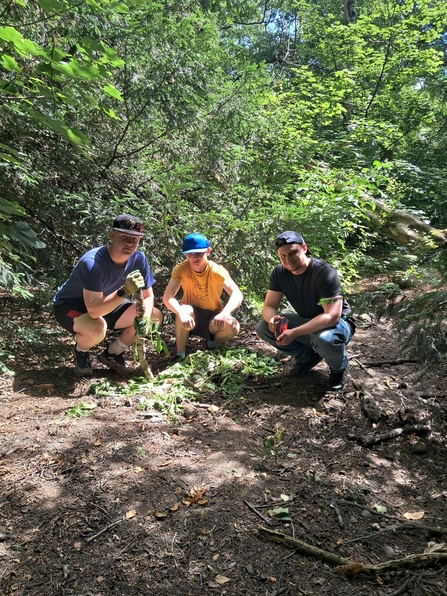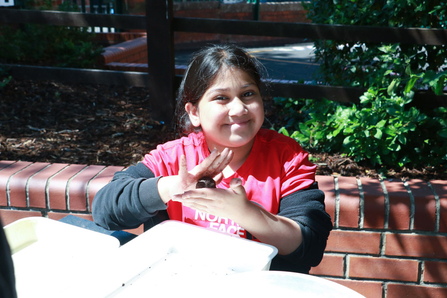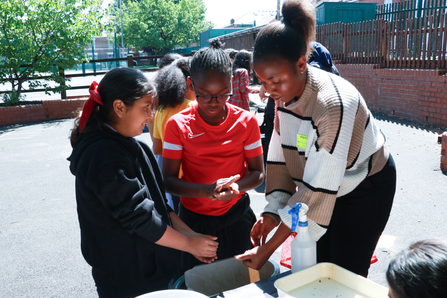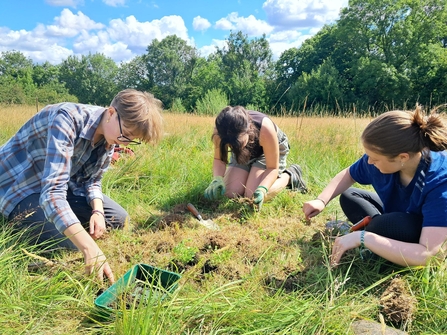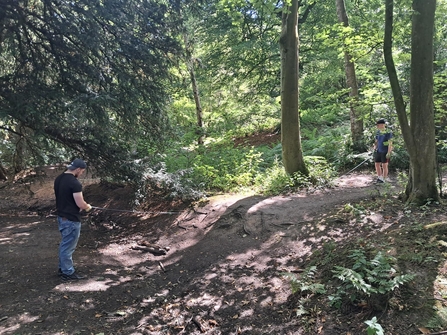At Derbyshire Wildlife Trust, our strategy is rooted in creating opportunities that bring people closer to nature, sharing skills in inclusive and accessible ways, and helping people develop the green skills we need for the future. For us, this means not only protecting wildlife, but also equipping the next generation with the confidence, knowledge and experience to lead positive change.
Young people care deeply about the future of the natural world. According to the 2024 Children’s People and Nature Survey, 83% of children and young people agreed that looking after the environment is important to them. Yet too often, their voices are overlooked in decision-making. A YouGov poll in 2023 found that just 9% of 16–24-year-olds feel they have real influence over climate change decisions. This gap between passion and power highlights the importance of creating genuine opportunities for young people to take action, build skills, and be heard.
That’s where the Environment Leaders Programme comes in – a qualification that enables young people to develop leadership and practical skills while making a tangible difference for nature in their communities.


